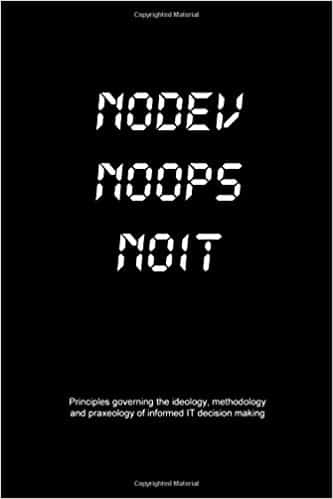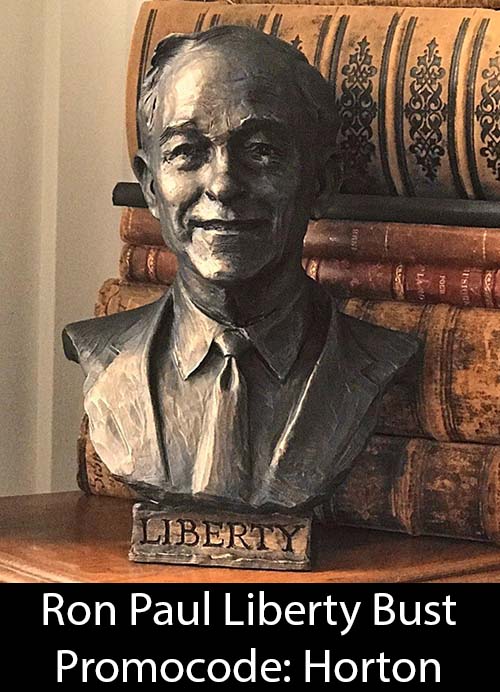The New York Times:
The U.S. Senate approved a measure on Thursday on the interrogations and trials of terrorism suspects, establishing far-reaching rules to deal with what President George W. Bush has called the most dangerous combatants in a different type of war.
The vote was 65 to 34. It was cast after more than 10 hours of often impassioned debate that touched on the Constitution, the horrors of Sept. 11 and the role of the United States in the world.
Both parties also positioned themselves for the continuing clash over national security going into the homestretch of the midterm elections.
The bill would set up rules for the military commissions that will allow the government to proceed with the prosecutions of high-level detainees including Khalid Shaikh Mohammed, considered the mastermind of the Sept. 11, 2001, attacks.
It would make illegal several broadly defined abuses of detainees, while leaving it to the president to establish specific permissible interrogation techniques. And it would strip detainees of a habeas corpus right to challenge their detentions in court.
The bill is the same as one that the House passed, eliminating the need for a conference between the two chambers. The House is expected to approve the Senate bill in a perfunctory vote on Friday, sending it to the president to be signed.
The bill was a compromise between the White House and three Republican senators who had resisted what they saw as Bush’s effort to rewrite the nation’s obligations under the Geneva Conventions. Although the president had to relent on some major provisions, the vote allows him to claim victory in achieving a main legislative priority.
“As our troops risk their lives to fight terrorism, this bill will ensure they are prepared to defeat today’s enemies and address tomorrow’s threats,” the president said in a statement after the vote.
Republicans argued that the new rules would provide the necessary tools to fight a new kind of enemy.
“Our prior concept of war has been completely altered, as we learned so tragically on Sept. 11, 2001,” Senator Saxby Chambliss, Republican of Georgia, said. “And we must address threats in a different way.”
Democrats argued that the rules were being rushed through for political gain too close to a major election and that they would fundamentally threaten the foundations of the American legal system and come back to haunt lawmakers as one of the greatest mistakes in history.
“I believe there can be no mercy for those who perpetrated the crimes of 9/11,” Senator Hillary Rodham Clinton, Democrat of New York, said. “But in the process of accomplishing what I believe is essential for our security, we must hold onto our values and set an example that we can point to with pride, not shame.”
Twelve Democrats crossed party lines to vote for the bill. One Republican, Senator Lincoln Chafee of Rhode Island, voted against it.
But provisions of the bill came under criticism from Republicans as well as Democrats, with several crossing lines on amendments that failed along narrow margins.
Senator Carl Levin of Michigan, the senior Democrat on the Armed Services Committee, arguing for an amendment to strike a provision to bar suspects from challenging their detentions in court, said it “is as legally abusive of the rights guaranteed in the Constitution as the actions at Abu Ghraib, Guant















